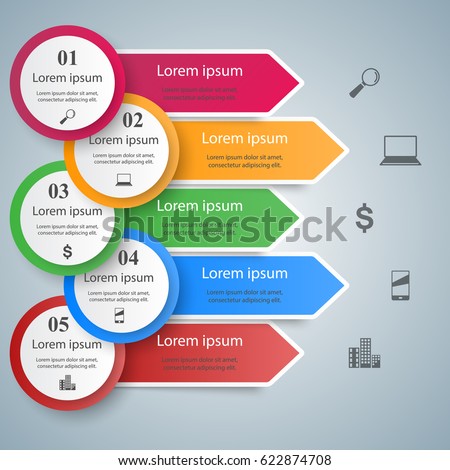Comprehending Guaranty Contract Bonds: What You Required To Know
Comprehending Guaranty Contract Bonds: What You Required To Know
Blog Article
Content Create By-Goldberg Maloney
You think you've got contracts all identified, yet have you ever came across guaranty contract bonds? These tiny little files load a punch when it pertains to safeguarding your passions.
In this post, we'll break down everything you need to learn about recognizing surety contract bonds. From their objective to the different kinds readily available, we've got you covered.
Prepare yourself to dive deep into the world of guaranty contract bonds and become a contract pro in no time at all.
The Objective of Guaranty Agreement Bonds
To completely understand the purpose of surety contract bonds, you must know that they supply economic protection to the obligee in case the primary stops working to satisfy their contractual commitments.
Guaranty contract bonds act as a guarantee, guaranteeing that the obligee will be made up if the principal is not able to finish the agreed-upon work or accomplish their obligations. This sort of bond is typically utilized in building and construction jobs, where there's a danger of the professional failing or stopping working to fulfill the job requirements.
By calling for a guaranty agreement bond, the obligee can have comfort recognizing that they'll not endure economic loss if the primary falls short to supply.
In essence, surety contract bonds serve as a safety net, shielding the interests of the obligee and making certain that contractual obligations are satisfied.
Sorts Of Surety Contract Bonds
There are several different kinds of surety contract bonds, and it is essential for you to understand each one to determine which is most appropriate for your details demands.
The initial type is the bid bond, which guarantees that if you win an agreement, you'll become part of the agreement and offer the needed efficiency and payment bonds.
The 2nd type is the performance bond, which guarantees that you'll finish the task according to the regards to the agreement.
The 3rd kind is the settlement bond, which ensures that you'll pay all subcontractors, laborers, and suppliers associated with the task.
Finally, there's the maintenance bond, which provides security against issues in craftsmanship or materials after the job is completed.
Recognizing these different types of guaranty agreement bonds will certainly assist you choose the ideal one for your particular situation.
Secret Celebrations Involved in Guaranty Agreement Bonds
You need to recognize that an essential event associated with surety agreement bonds is the principal, who's the event that's obligated to accomplish the terms of the agreement. surety bond tennessee is generally the service provider or the event that's undertaking the building and construction project.
One more crucial party is the obligee, that's the entity that requires the bond to ensure that the contract is satisfied. The obligee is normally the task owner or the customer.
Finally, there's the surety, who's the celebration that gives the bond and guarantees the principal's performance. The surety is generally an insurance provider or a banks.
These 3 celebrations collaborate to make sure that the regards to the contract are fulfilled and that the job is completed successfully.
https://beckettmhbwq.blog-mall.com/26197802/surety-bonds-vs-insurance-what-s-the-difference have it - now you understand the ins and outs of guaranty contract bonds. From https://martinkfbvq.blog-a-story.com/5303741/exactly-how-to-obtain-the-guaranty-bonds to the crucial events entailed, you're furnished with the expertise to navigate this complex globe.
Bear in mind, whether you're a professional or a task owner, having a strong understanding of surety contract bonds is vital for an effective task.
So don't allow this crucial element of building catch you off-guard - be prepared and guarantee your job's success with guaranty contract bonds.
